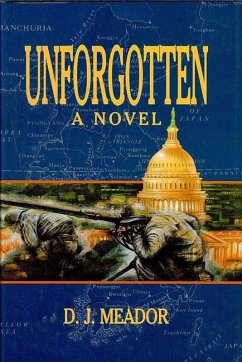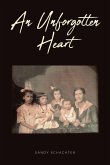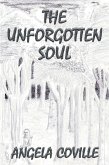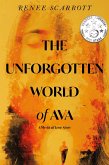"Meador . . . has penned an old-fashioned tale of war and honor, pushing a riveting story along without rushing the narrative, creating complex and believable characters without apologizing for their flaws, and presenting a fully realized account of their moral and emotional dilemmas. In doing so, he contributes notably to the exploration of the issues surrounding America's so-called forgotten war." --Publishers Weekly
In 1951 a hardened young army lieutenant must balance his belief in the United Nations' mission with his contempt for the seemingly futile methods used to achieve it. Lt. John Winston finally resolves this conflict, and the repercussions will haunt him forever.
More than forty years later, John Winston is a successful Alabama trial lawyer who has put his military service behind him. John is surprised to learn that he is being considered for a federal judgeship, a lifelong goal he thought he would never attain. Phone calls and telegrams pour in from people offering support and encouragement.
One call, however, is different. "Were you in Korea in 1951?" asks a strange female voice. "I know what happened there--know what you did. If you get nominated, I'll tell people, tell the senators, tell 'em about what you did at Hill 1080."
John's senses go on full alert, just as they did in the hills north of the 38th parallel. He had told no one, not even his late wife, about Hill 1080 and what had followed. Yet someone knew--and was willing to destroy his future by exposing his past.
Who would do such a thing? Or, more importantly, why?
In 1951 a hardened young army lieutenant must balance his belief in the United Nations' mission with his contempt for the seemingly futile methods used to achieve it. Lt. John Winston finally resolves this conflict, and the repercussions will haunt him forever.
More than forty years later, John Winston is a successful Alabama trial lawyer who has put his military service behind him. John is surprised to learn that he is being considered for a federal judgeship, a lifelong goal he thought he would never attain. Phone calls and telegrams pour in from people offering support and encouragement.
One call, however, is different. "Were you in Korea in 1951?" asks a strange female voice. "I know what happened there--know what you did. If you get nominated, I'll tell people, tell the senators, tell 'em about what you did at Hill 1080."
John's senses go on full alert, just as they did in the hills north of the 38th parallel. He had told no one, not even his late wife, about Hill 1080 and what had followed. Yet someone knew--and was willing to destroy his future by exposing his past.
Who would do such a thing? Or, more importantly, why?









